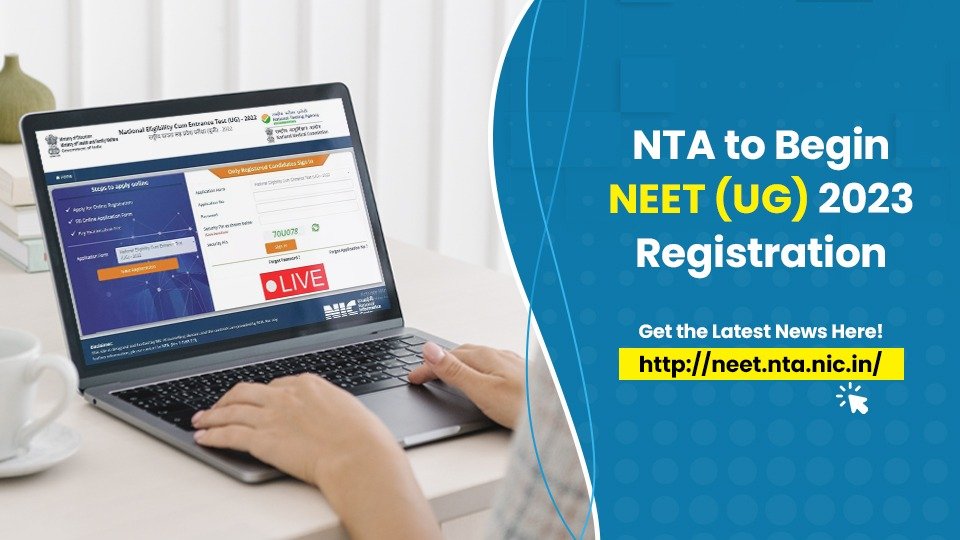How to Improve Your Problem-Solving Skills for NEET/IIT-JEE Exams - Tips
The National Eligibility cum Entrance Test (NEET) and Indian Institutes of Technology Joint Entrance Exam (IIT-JEE) are highly competitive exams in India that require a strong problem-solving ability.
Introduction
NEET and IIT JEE are some of the most competitive exams in India. Clearing these exams requires a strong grasp of concepts and excellent problem-solving skills. In this article, we will discuss the importance of problem-solving skills in NEET/IIT-JEE exams and provide tips to improve them.
Understanding the Importance of Problem-Solving Skills in NEET/IIT-JEE Exams
Problem-solving skills are crucial for success in NEET/IIT-JEE exams. These exams are designed to test a student's understanding of complex concepts and their ability to apply them to solve problems. To excel in these exams, students need to have a deep understanding of concepts and the ability to solve problems quickly and accurately. Problem-solving skills also help students to develop critical thinking, analytical, and logical reasoning skills, which are essential for success in various fields.
Here are some ways to improve your problem-solving skills for these exams:
Focus on Understanding the Concepts
Before attempting any problem, make sure that you understand the underlying concepts. This will help you to solve the problem more efficiently. NEET/IIT-JEE exams test your understanding of the basic concepts of physics, chemistry, and mathematics. Focus on understanding the concepts and not just memorizing formulas or theories.
To solve problems effectively, it is essential to have a deep understanding of the underlying concepts. Instead of focusing on memorization, students should concentrate on understanding the concepts. They should also try to relate the concepts to real-life situations to make them more relatable and understandable.
Practice regularly
The key to improving problem-solving skills is to practice regularly. Solve as many problems as possible from different sources, such as textbooks, sample papers, and previous year's question papers. Practice solving problems regularly. One of the best ways to improve problem-solving skills is to practice previous years' question papers. This will help students to get a sense of the types of questions that are asked in the exam and the level of difficulty. Solving previous years' question papers will also help students to identify their weak areas and focus on improving them. Set aside a fixed time every day to solve practice problems. Start with easy problems and gradually move to more difficult ones.
Analyze your mistakes
After solving a problem, analyze your mistakes and understand where you went wrong and identify the areas where you need improvement. This will help you identify your weaknesses and avoid making the same mistakes in the future so that you can work on them.
Analyzing mistakes is crucial for improving problem-solving skills. Students should take note of the mistakes they make while solving problems and analyze them to understand the root cause. This will help them to identify their weak areas and work on improving them.
Take mock tests
Take mock tests to simulate the actual exam environment. This will help you get used to the pressure of the exam and identify areas where you need to improve.
Collaborate with peers
Collaborate with peers to solve problems. This will not only help you learn new problem-solving techniques but also keep you motivated. Always learn from others. Discuss your problems with your peers, teachers, and mentors. This will help you to learn new approaches and techniques to solve problems.
Learn from your mistakes
Every time you make a mistake, learn from it. Understand where you went wrong and what you could have done differently. This will help you avoid making the same mistake again.
Break down complex problems
Break down complex problems into smaller parts and solve them one by one. This will help you to understand the problem better and solve it more efficiently.
Time management
Practice solving problems within a limited time frame, as time management is critical in competitive exams. Effective time management is essential for success in NEET/IIT-JEE exams. Students should learn to manage their time effectively during the exam to ensure that they have enough time to attempt all the questions. They should also beware of spending too much time on a single question and move on if they are stuck.
Learn shortcuts and tricks
Learn shortcuts and tricks to solve problems quickly and efficiently. This will save you time and improve your accuracy.
Stay calm and focused
During the exam, stay calm and focused. Don't panic if you get stuck on a problem. Take a deep breath and try to approach the problem from a different angle. Stay motivated and keep a positive attitude, even if you face challenges. Consistent practice and hard work will help you to achieve your goals.
Conclusion
By following these tips, you can improve your problem-solving skills and increase your chances of success in NEET and IIT-JEE exams.
Remember, developing problem-solving skills takes time and practice. With consistent effort and dedication, you can improve your problem-solving skills and ace the NEET/IIT-JEE exams.




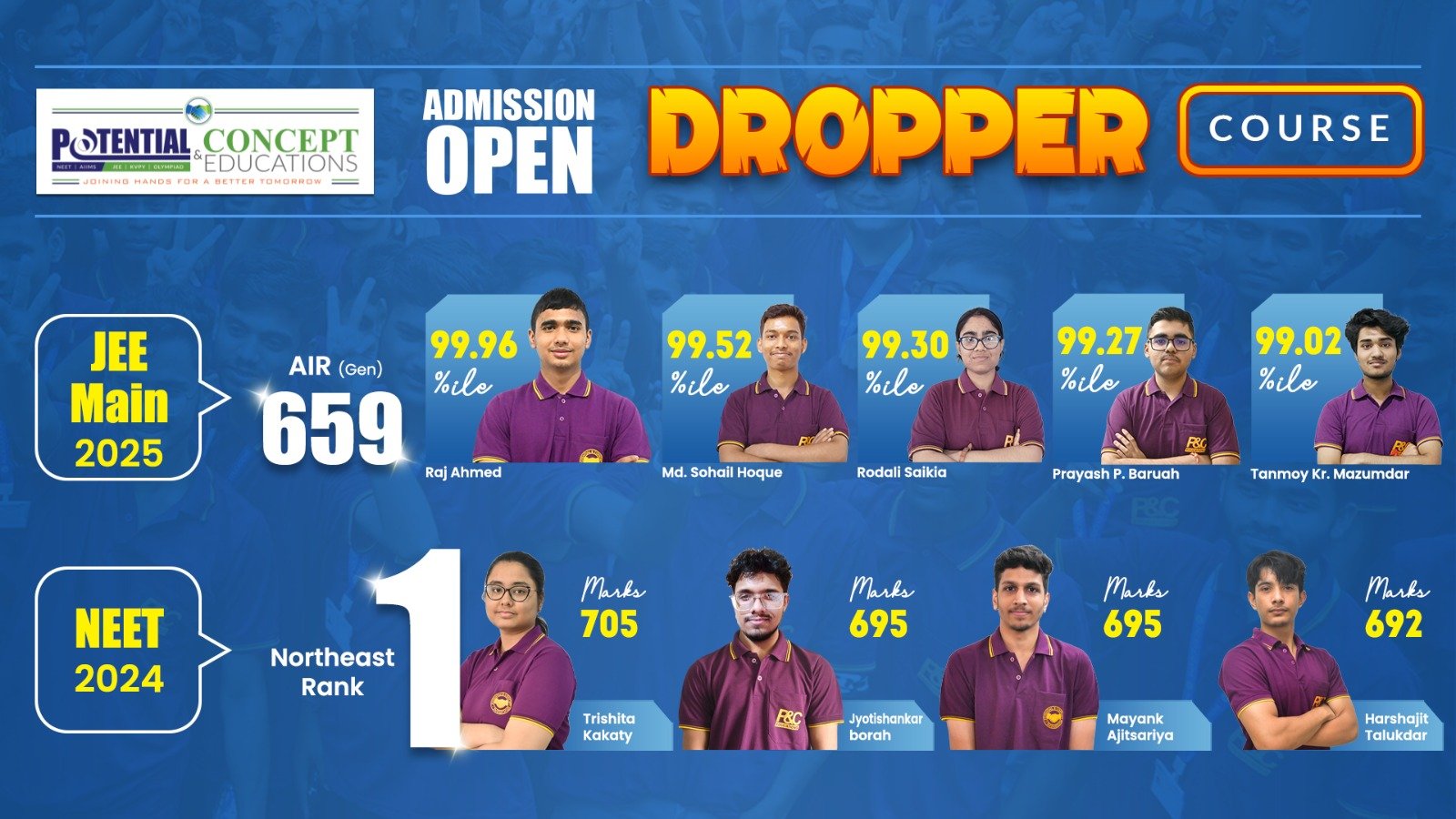
.jpeg)
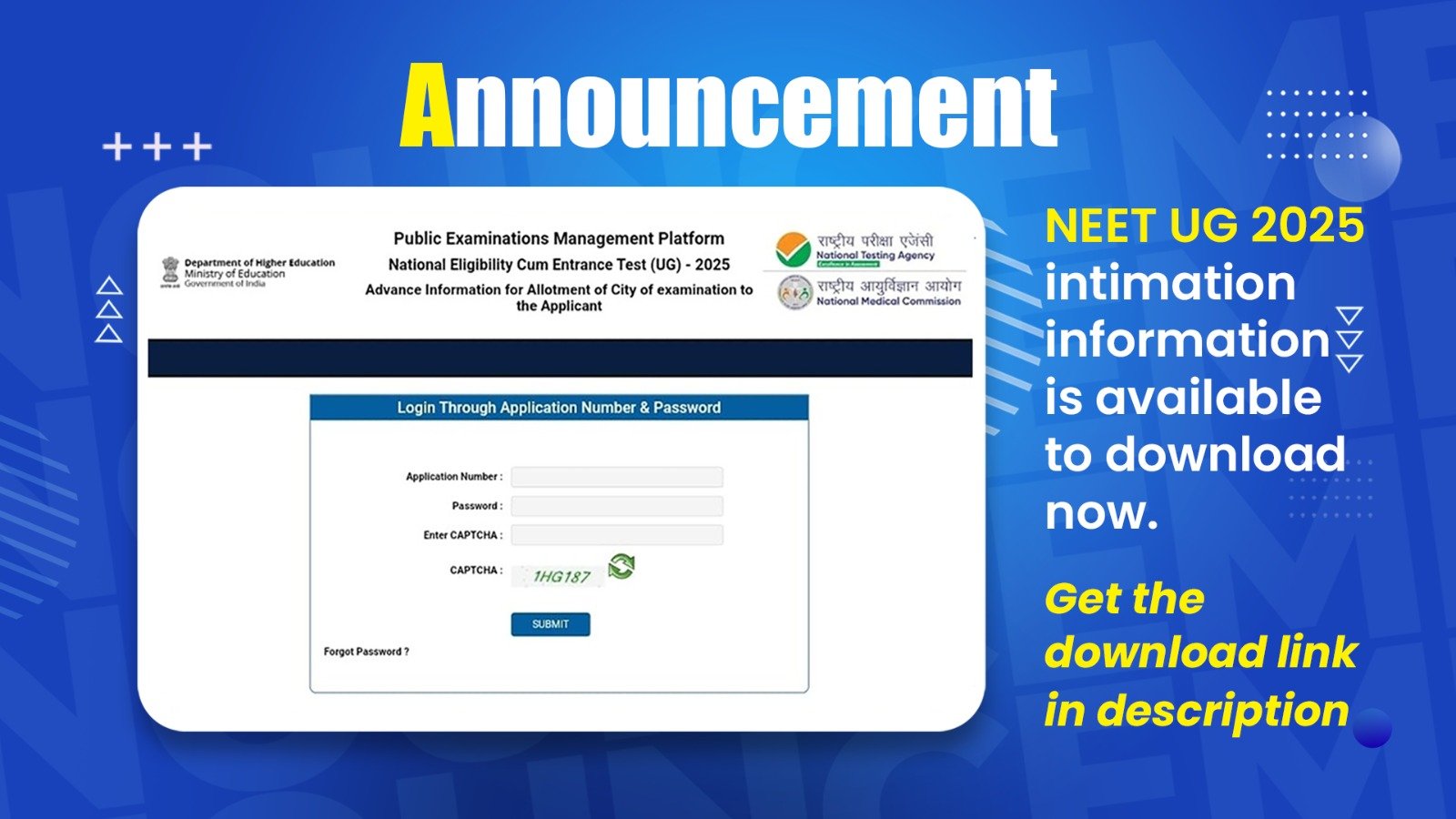
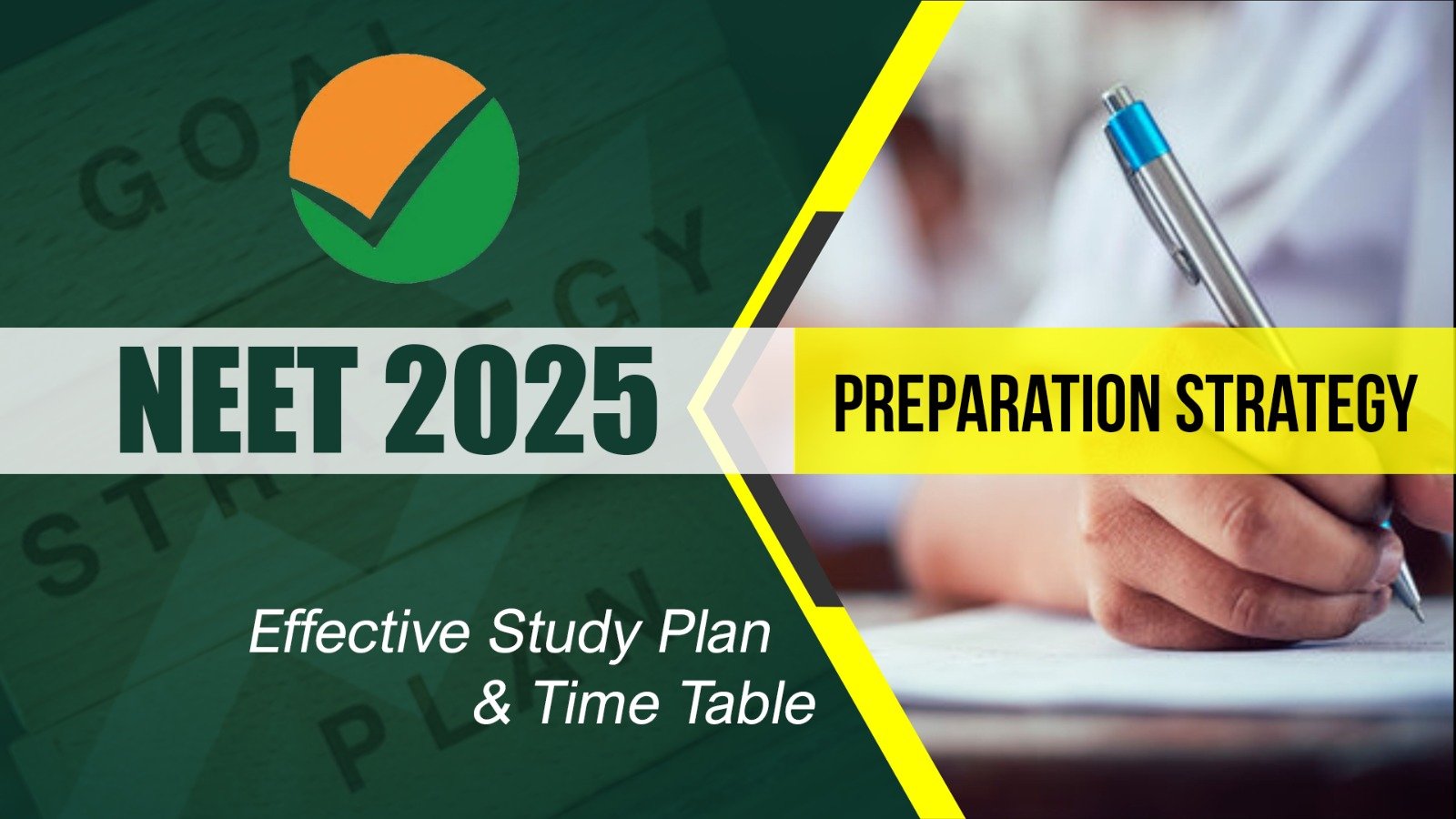
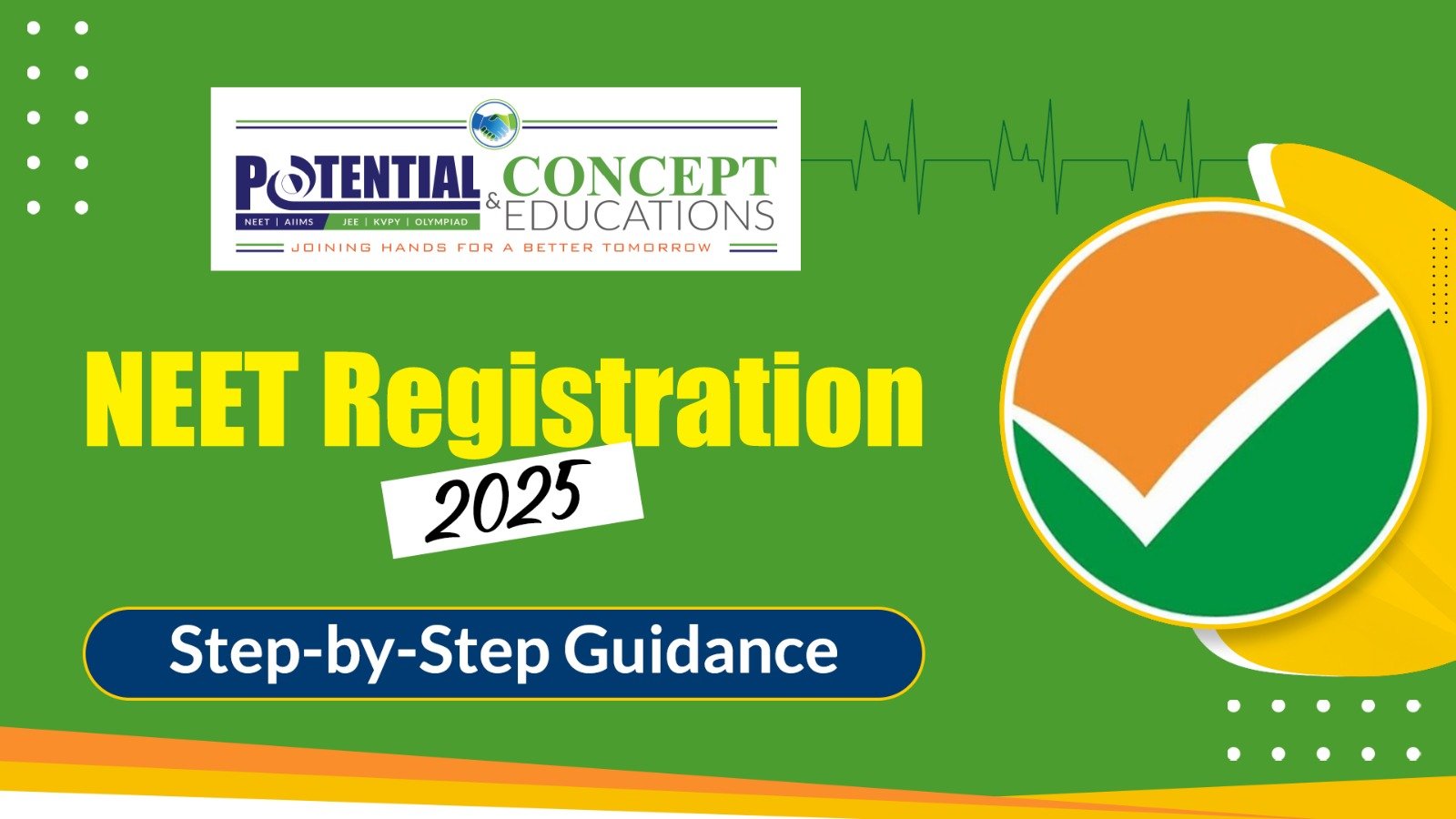

.jpg)
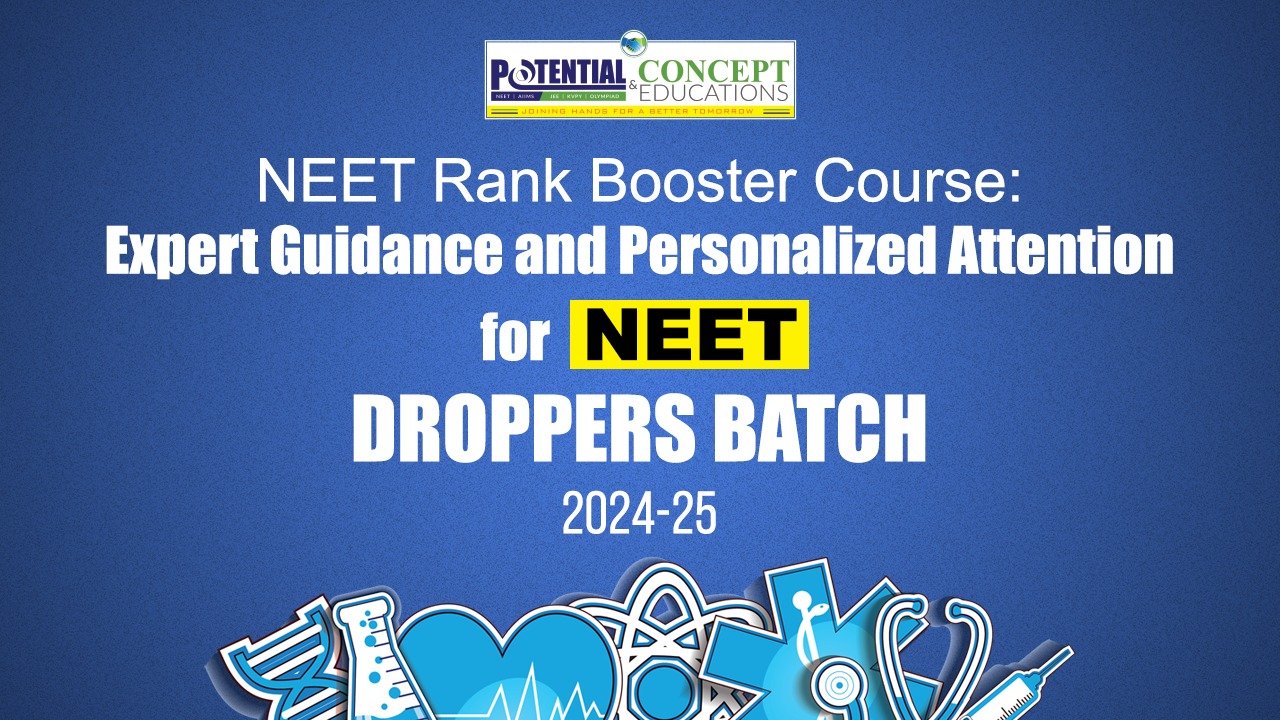
 Large.jpeg)

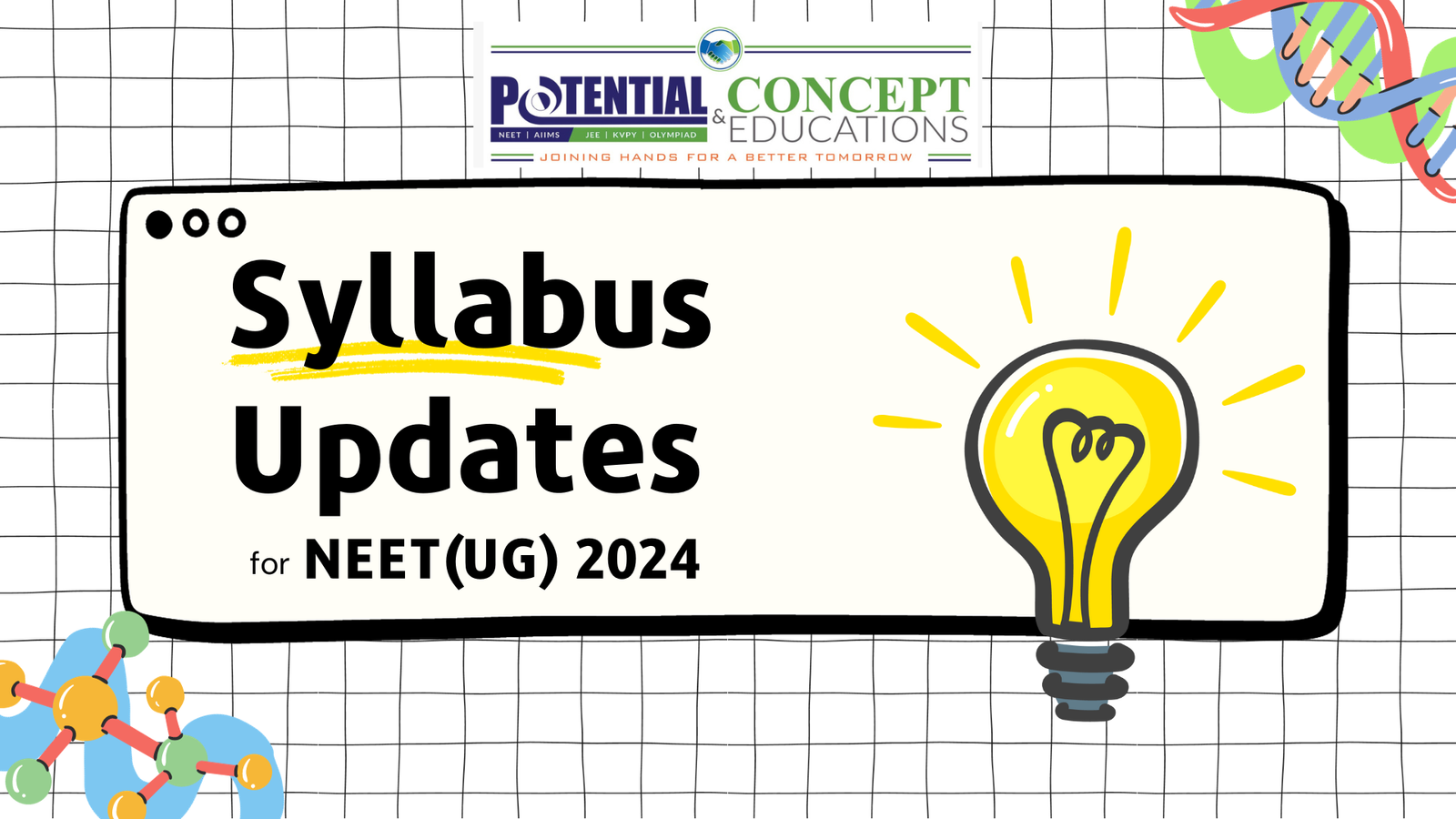






-min.png)








.jpg.jpg)




.png)

.png)


